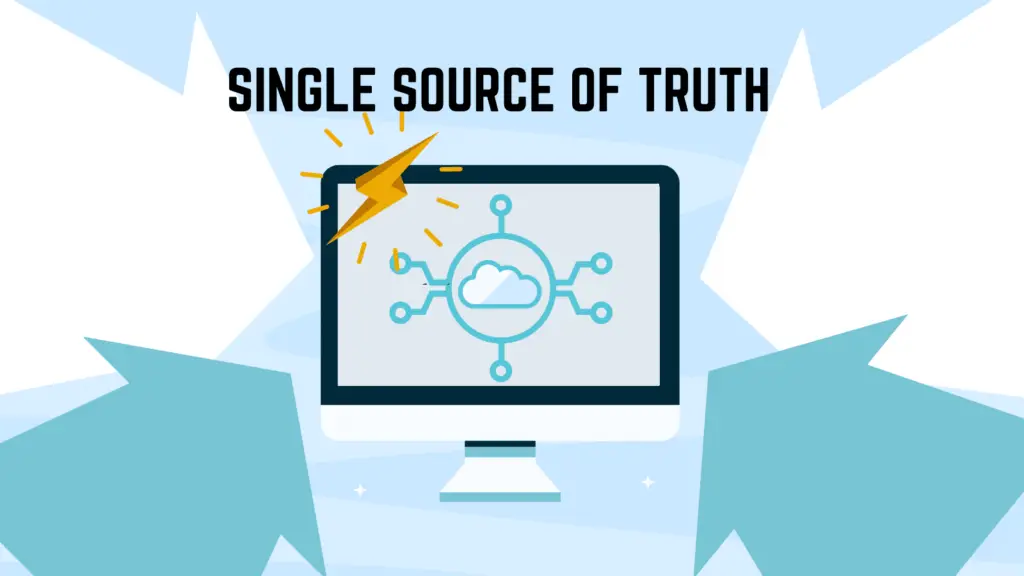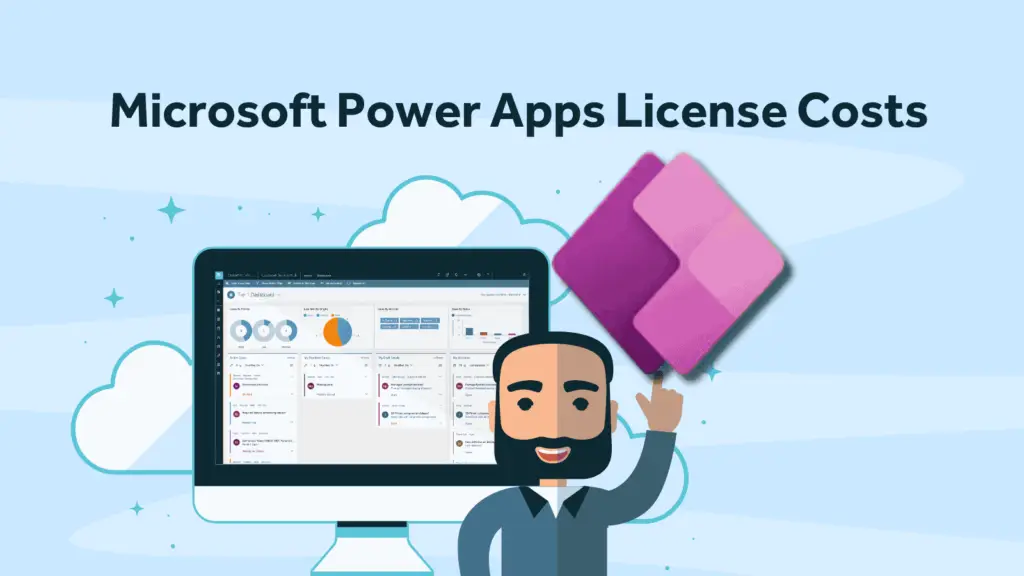Most business owners and leaders know the value of data to understand the customer better, but knowing how to best manage and leverage data for competitive advantage and commercial growth is sometimes not always as clear. Data management can be complex and sometimes technical. We explore why organisations need to be aiming for a ‘Single Source of Truth’ with their data.
CRM software is a necessary tool for helping businesses better order and manage data. Modern CRMs help sales and marketing professionals leverage that data for commercial growth and work more collaboratively. And there is one crucial feature that is essential to obtain the coveted 360 view of the customer and use the data to understand and move closer to customers. This feature is centralised data cloud storage. A centralised and unified view of customer data on the cloud transforms how marketing, service and sales teams access and share customer data across business functions.
Why a single source of truth matters
One of the biggest barriers to growth in the digital era is data siloes. Managing data across various systems with limited integration and data movement back and forth seriously limits growth. It stops commercial teams from collaborating effectively and makes it hard to achieve a rounded, up-to-date view of the customer on a micro level, as in individual customer profiles and a broader strategic scale, to obtain insights into trends and customer behaviour. And it also limits customer knowledge sharing internally between departments.
Here are the three main ways centralised data offers businesses ‘a single source of truth’ and what impact that has on business operations:
1. Efficient sales teams
To maintain a competitive edge and respond quickly to customer needs, a company must store, manage and share data instantly, anywhere, and across multiple devices. Device accessibility through cloud storage is especially invaluable for companies with field teams.
Consider how much easier it is for a sales rep to update a client’s record immediately or even during a client meeting and then share that information with administration and operations. With cloud storage, client requests can be processed and shared with other teams without waiting for a rep to return to the office later that day or even the next day.
Reps can access data on the go, making travel time and time away from the office more productive, as long as internet is available.
This slicker operation results in greater productivity, making sales leaders and, most importantly, customers happy.
Other benefits of cloud storage over local storage include lower cost, lower maintenance and higher security.
2. Better customer service
Any of us experiencing a problem with a supplier or retailer wants to know they’re in safe hands. And good complaint handling can turn around even the most tenuous situation if handled well. Cloud storage raises the bar for customer experience and call handling, enabling better team collaboration centred around the customer.
Centralised data storage allows customer service teams to access up-to-date customer details on the system. Transactions, communications and other activities relating to that customer can be viewed instantly, allowing the customer service agent to resolve any issues immediately. The customer does not need to repeat their situation to the next call handler. That is just unnecessary, added stress and inconvenience.
And when it comes to actioning the customers’ needs and having to pass them onto a separate team, cloud storage allows seamless and instant data access for anyone who needs it. Similarly, should a customer call about the same issue on a separate occasion, all the information is stored in the system thanks to immediate data syncing.
3. Better collaboration between teams
And for many businesses, when it comes to business growth through lead generation, frustrations often lie in not being able to get sales and marketing to collaborate effectively. Whilst, some accountability lies in leadership approach and business culture, another factor can be the siloed approach to data management and sharing, which places a big ol’ barrier between two functions that should be working in harmony; sales and marketing.
A digital data wall between sales and marketing makes it super hard for marketers to serve and support the sales teams in the way they need. With direction and understanding of the customers, marketing will flounder. It’s a tough ask, expecting marketing to generate the right communications to the right people without accurate and detailed customer insight. Understandably, sales teams are frustrated by the perceived lack of support from marketing when this is the situation. So, removing these blocks gets sales and marketing singing off the same hymn sheet for sure.
And when it comes to digital campaign management and leads nurturing, centralised data sharing enables marketers to deliver personalised and detailed nurturing programmes that build trust with the potential customer. Helping move audiences further towards consideration and finally purchase.
To read more about the power of marketing automation in CRM, read ‘What is marketing automation?’
Another significant benefit of centralised data sharing for marketing teams is that they can illustrate their impact on the bottom line and remove some of that black hole of lead source. As digital tracking and reporting can easily be accessed and shared, enabling marketing leaders to show their part in delivering real sales opportunities.
The bigger picture
Whilst the micro detail helps teams respond better and marketers to personalise communications, BI teams can access cross-functional and in-depth customer data as centralised data management enables them to analyse and generate powerful insights into customer behaviour. Here’s how this might look…
The situation: The head of commercial wants to understand customer trends year-on-year and asks BI or marketing to do a data deep-dive.
The activity: BI can segment all current customer data, from customer acquisition and attrition to deal/purchase values year-on-year. They could also look at customer demographics; gender, age, occupation, location, and marital status. Or if they’re a B2B business, they may look at business-related data, such as; size of company, growth rate, age of company, industry or SIC.
This type of segmentation is easy when data is centralised, and they can even dig further if they wish. For example, they may wish to carry out sales analysis and look at purchases and seasonal trends. Or purchasing trends of specific demographics. This sales insight can shine the light on what products are popular with whom, so operations can future plan and marketing can activate marketing campaigns to help drive demand for specific products.
Quick conclusion
Compiling customer-related data from across the company into a unified data source allows departments to work in synergy and pull in the same direction. It offers insight and knowledge, which helps the business operate in a much more customer-orientated fashion.
A single source of truth is possible with the right software and IT strategy. We can advise on moving towards a more centralised and unified data management approach, as Rocket CRM has helped countless businesses and charities do just that with impressive results.
ABOUT ROCKET CRM
Rocket CRM is a Microsoft Dynamics 365, and a platinum Click accredited partner, helping small to medium-sized businesses and charities harness the power of scalable CRM technology. Our mission is to make powerful CRM software simple with custom-built, user-focused solutions.
Website: rocketcrm.co.uk
Podcast: RocketPod
Social: LinkedIn




